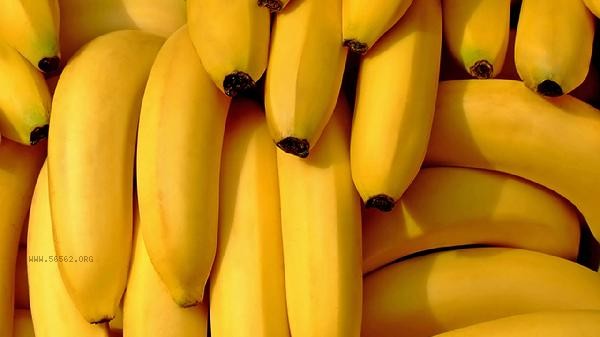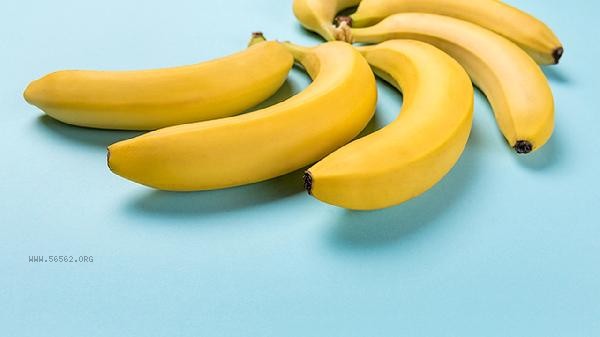Eating a banana every day usually does not lead to weight gain. Bananas are rich in dietary fiber and potassium, and moderate consumption can help maintain intestinal health and electrolyte balance. Weight changes mainly depend on overall dietary structure and calorie intake, with limited impact from individual foods. Bananas are classified as medium calorie fruits, with approximately 90 calories per 100 grams. A medium-sized banana contains around 100 calories. Although its natural sugar content is high, its glycemic index is moderate, and it contains resistant starch that can delay sugar absorption. Dietary fiber can increase satiety and reduce intake of other high calorie foods. For healthy individuals, pairing bananas as an extra meal or breakfast with moderate exercise will not result in excess calories.

In special circumstances, attention should be paid to controlling intake. Patients with diabetes should monitor their blood sugar response and avoid taking large amounts of food on an empty stomach. People with weak gastrointestinal function may experience bloating, and it is recommended to eat in small amounts and in portions. During weight management, bananas can be paired with protein foods, such as sugar free yogurt, to balance postprandial blood sugar and prolong satiety. Maintaining a healthy weight requires attention to total calorie intake and nutritional balance throughout the day. It is recommended to consume 300-500 grams of different types of fruits per day and avoid long-term consumption of bananas alone. Combining aerobic exercise and strength training, engage in at least 150 minutes of moderate intensity exercise per week. Develop the habit of recording diet and weight, and adjust dietary structure in a timely manner. If there is unexplained weight gain, it is recommended to consult a nutritionist for personalized evaluation.










Comments (0)
Leave a Comment
No comments yet
Be the first to share your thoughts!